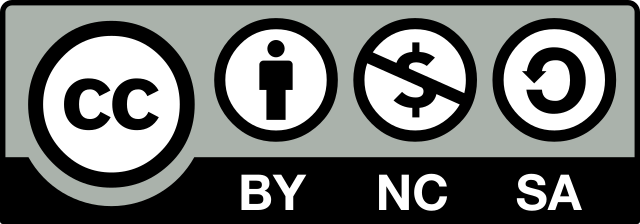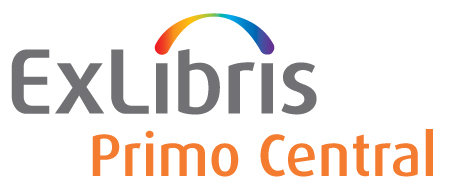Subject Area
Surgery
Article Type
Original Study
Abstract
Objectives: To assess the short-term outcomes and procedure-related complications in AVM patients treated with endovascular coiling. Background: Peripheral arteriovenous malformations (AVMs) one of the most challenging among the various congenital vascular malformations to be treated. The Schobinger staging system is currently used to classify AVMs based on their clinical presentation. The best way to treat each AVM on a case-by-case basis, depending on AVM location and classification, on top of that, there is no consolidated agreement on the methods of treatment of AVMs. Methods: Fifty patients were involved in this clinical prospective study, diagnosed as peripheral AVM by several diagnostic modality including duplex ultrasonography and CT angiography and underwent endovascular coiling of this lesion. Results: The main outcome of our study is catheter directed embolization yielded in 30%-100% obliteration in 90% of patients, with few procedure-related complications were reported (n=8; 16%). The outcome measures were divided into technical success and clinical success. Technical success included complete obliteration (in 11 cases), near total obliteration (in 6 cases), incomplete obliteration (in 28 cases) and failure (in 5 cases) while the clinical success included improvement of pain, swelling and bleeding that was achieved in 24 patients, incomplete relief occurred in 34 patients while no change in the presenting symptoms was present in 12 patients in our study. Conclusion: This study showed incomplete to complete AVM devascularization in 90% of the patients with few procedures related complications. This study denotes that the type of AVM, clinical staging and the number of sessions have a great impact on the outcome of AVM devascularization.
Recommended Citation
Farid, Abd El-moniem; Elkhatib, Yehia; abobakr, Fawzi; and Said, Mahmoud
(2023)
"Short Term Results of Coiling Embolization of Peripheral Arteriovenous Malformations,"
Menoufia Medical Journal: Vol. 36:
Iss.
3, Article 17.
DOI: https://doi.org/10.59204/2314-6788.1111

 Attribution-NonCommercial-ShareAlike 4.0 International (CC BY-NC-SA 4.0)
Attribution-NonCommercial-ShareAlike 4.0 International (CC BY-NC-SA 4.0)



